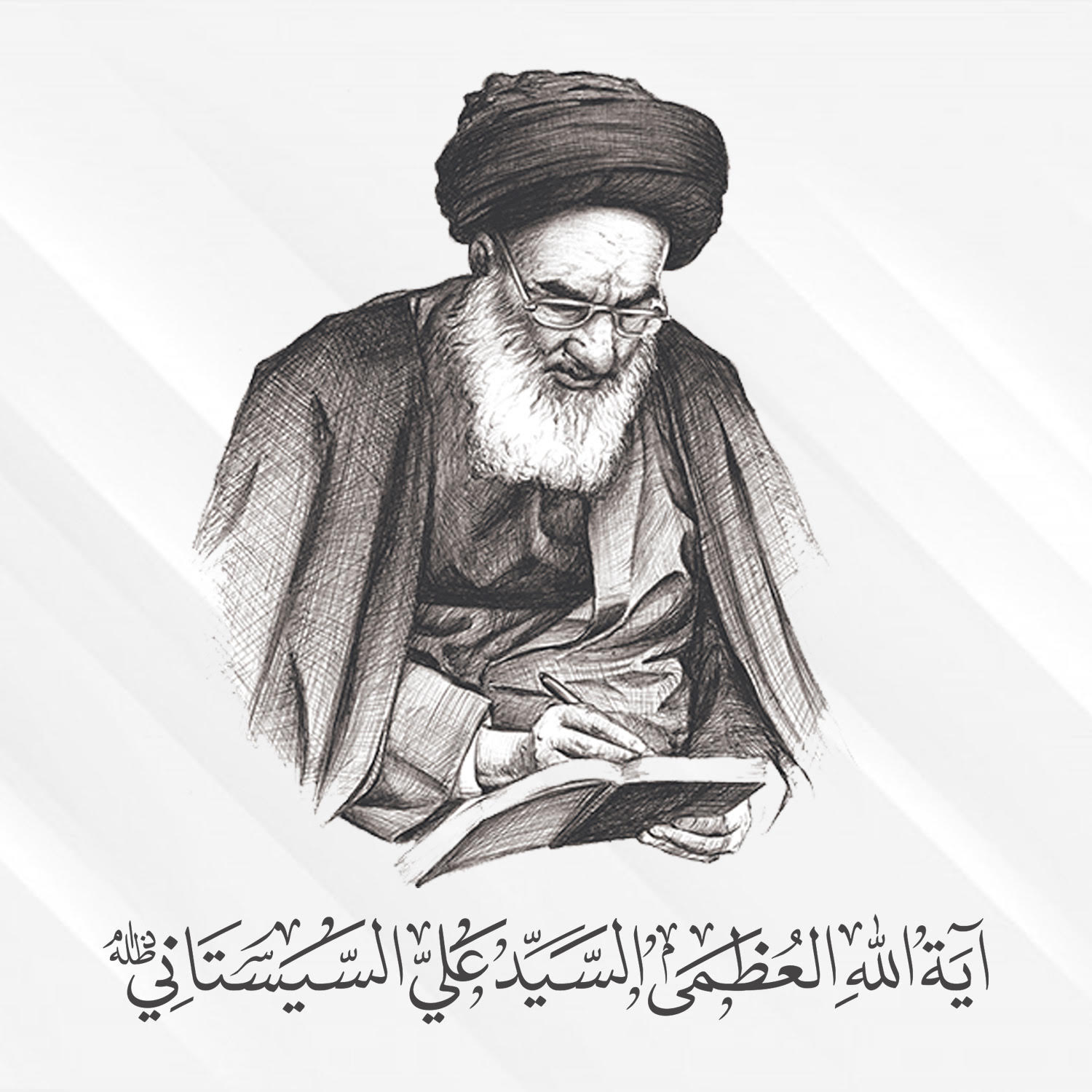Khums Ijazah

Khums
Khoja Shia Ithna-Ashari Jamaat Melbourne does not have Khums Ijaza directly from the office of Ayatullah Al Udhma Al-Sayyid Ali Sistani. May Allah (SWT) with the wasilay of 14 Infallibles (A.S) bless him with good and prosperous health. Ameen.
If you would like to pay your Khums dues; kindly transfer your funds to the below mentioned account and send an email to Hon.Treasurer Brother Farrukh Sewani on treasurer@ksijmelbourne.org.au with your name and total amount transferred.
Jamaat will forward your payments to the KSIJ World Federation who will provide us with the relevant receipt from the office of Ayatullah Al Udhma Al-Sayyid Ali Sistani (may Allah protect him).
Once receipt received, the same will be forwarded to you.
Make Khums Payment online
Bank: National Australia Bank (NAB)
Account Name: Khoja Shia Ithna Asheri Jamaat of Melbourne
BSB: 083-163
Acc: 83 723 4853
BIC/SWIFT code: NATAAU3303M (for International transfer into our bank account)
Address: Concourse 700 Bourke Street, City Suburb: Docklands Post Code: 3008 State: Victoria (for International transfer into our bank account)
What is Khums?
Khums is one of the pillars of Islam which was ordained by Allah and practiced during the life of the Messenger of Allah. Khums means “onefifth,”and indicates that one fifth of a person’s excess income has to be dedicated, according to the Quran, for the following, “And know that whatever profit you make, verily, one-fifth of it is assigned to Allah and to the Messenger and to his family and also the orphans, the destitute,and the wayfarer, if you have believed in Allah, and in that which We sent down to our servant Muhammad.” Noble Quran, 8:41
Khums, in brief, means paying one-fifth of the surplus of one’s income after taking away the expenses of the person and his dependants. It consists of two equal parts: one being the share of the Imam, meaning that this part goes for constructing masjids, Islamic seminaries, Islamic schools, libraries, hospitals or clinics, orphanages, printing of the Noble Quran, hadith books, Islamic books and lectures, and others things which will benefit, defend, or propagate Islam. The second part is the portion for the poor sayyids (descendants of the Prophet), since they are banned from receiving zakat (charity).
